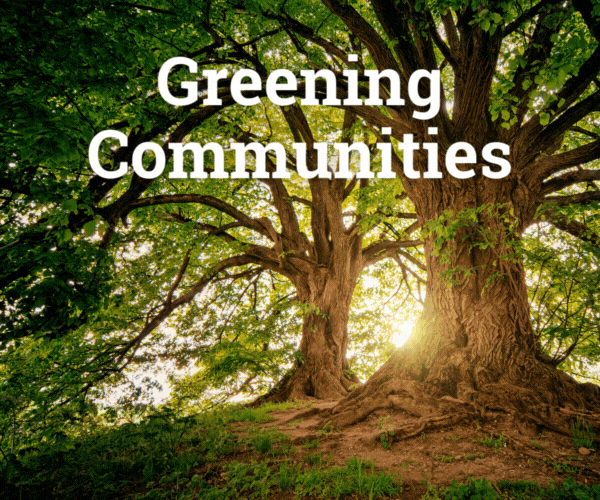America’s relationship with and support of laws and principles which undergird diversity have ebbed and flowed since our nation’s formative years when men like John Adams and Benjamin Franklin led a rebellion against British rule in efforts to “form a more perfect Union.”
But as America approaches 250 years of independence, does “perfect” provide for the inclusion of “the other,” or does it more accurately require the elimination and subjugation of those who are considered “different?”
Rawle Andrews, a highly regarded attorney and the current president of The Bar Association of D.C., believes that with recent decisions made by the U.S. Supreme Court, we could see a return to “separate but equal” laws unless those who believe in the benefits of diversity become more vocal and stand their ground.
“We are at a crossroads because while many Americans remain underrepresented – from state houses to colleges and businesses – we continue to see the U.S. Supreme Court ruling in favor of policies that eliminate efforts to require and secure greater diversity and opportunities for all in America,” Andrews said.
Andrews said he sees the nation rushing to roll back the advances made during the Civil Rights Movement and a hardening of the American spirit.
“It took sacrifice from citizens of all races and religions to achieve the progress we’ve made including the right for all Americans to quality education, unencumbered voting, and the opportunity to purchase a home wherever a person wants to live,” he said. “But under the current administration, the strategy is clear: to roll back the clock. Nothing is sacred, nothing is guaranteed anymore. For those who recognize the benefits of diversity, we must keep our eyes on the prize.”
The Rev. Dr. Franklyn Malone, CEO and founder of the D.C.-based, 100 Fathers, Inc., hopes the trending about face from initiatives that support diversity will serve as a catalyst to bring African Americans together and said, “time is of the essence.”
“We must unite, and we need to show America the collective power of our dollars,” Malone said. “Fraternities, sororities, the NAACP, the Masons, NAN, the National Urban League, and others must come together. This was long overdue. It may be shocking but maybe this was the wake up that Black America needed.”
Malone said he’s read the reports and heard the rhetoric about why many view diversity as a negative – from fear of change and economic concerns to personal experiences, political beliefs and even lack of exposure. But in simplest terms, he believes diversity matters because it provides everyone with a voice.
“America is more than just one color and one belief,” Malone said. “Black people died to get to the level many of us enjoy today, but there are those who want to close the door on all the things we have achieved. Now that we have more Blacks with Ph. D’s and master’s degrees, more Blacks in upper management and owning businesses, we are deemed as a threat to white supremacy.”
Andrews said justice in America must remain nonpartisan.
“When Thurgood Marshall argued against segregation in Brown v. Board, we knew that the court could decide either way,” Andrews said. “Whether we agreed or not with their decision, the Court’s voice worked because they were uniform in calling balls and strikes. It didn’t matter who was up to bat. The Supreme Court stood in the gap for all Americans. Today, I’m not convinced that is the case.”
Dr. Shantella Sherman, an educator and historian who specializes in the field of eugenics, said if we’re honest about American history, Blacks have never been fully accepted and have therefore always had to be on guard.
“Our ancestors, the elders, were never fooled, and we shouldn’t allow ourselves to be fooled either,” she said. “In hard times, Blacks worked two or three jobs, took in roommates to pay the bills and respected and supported our institutions, like the church. We must get back to the basics.
“Diversity is just a word because nothing has really changed in America since the days of Thomas Jefferson and George Washington – two of the biggest slaveholders of their time. We can ill-afford to be distracted by the games being played by the current administration and the propaganda being disseminated by mainstream media and high-powered social media outlets.”
Malone asserted that Black people need to stop worrying about ideological tirades about the potential demise of democracy and prepare themselves for the midterm elections.
“If we’re dissatisfied with our elected officials and believe that they’re unable or unwilling to represent us equally and fairly, we need to vote them out of office,” Malone said. “What are the issues that matter most to African Americans? That’s what we need to determine. Then, we need to register to vote and get to the polls en masse.”
D. Kevin McNeir is Senior Editor with the Washington Informer and an award-winning journalist with more than 25 years of service for the Black Press (NNPA).





